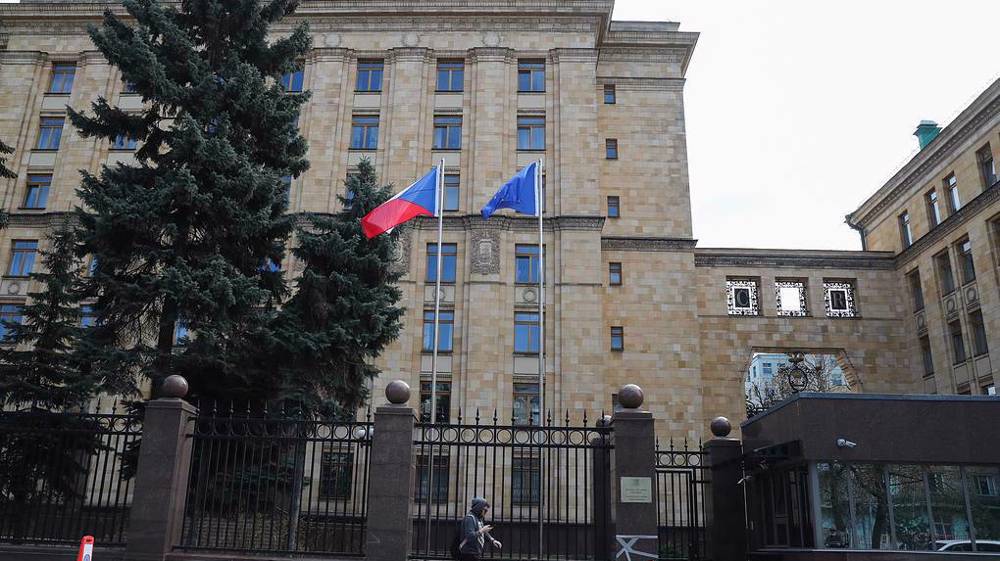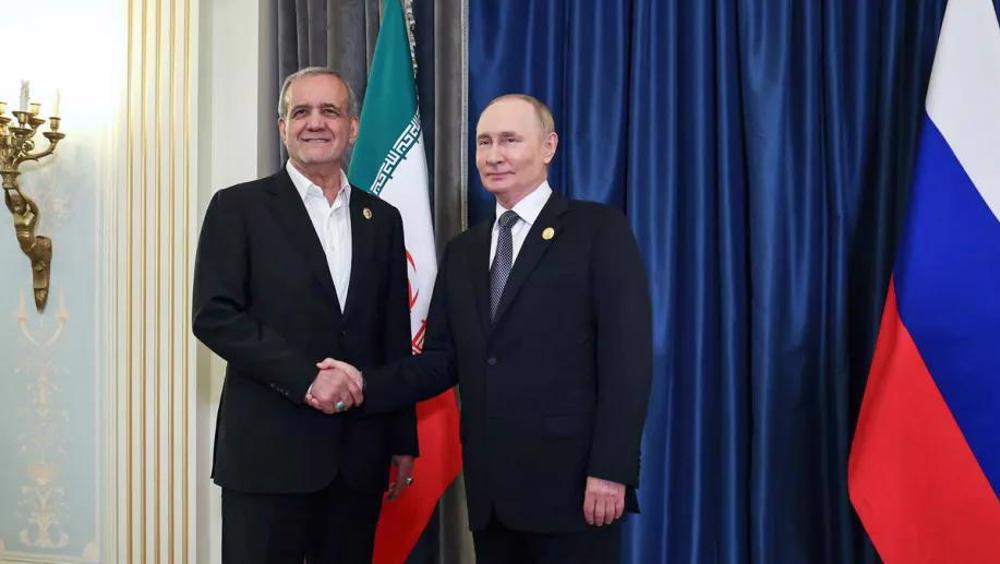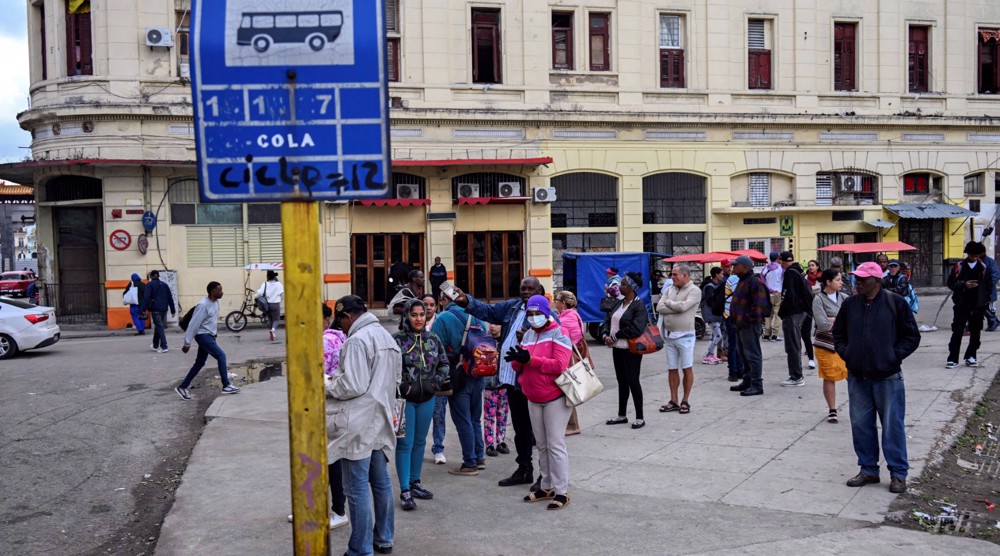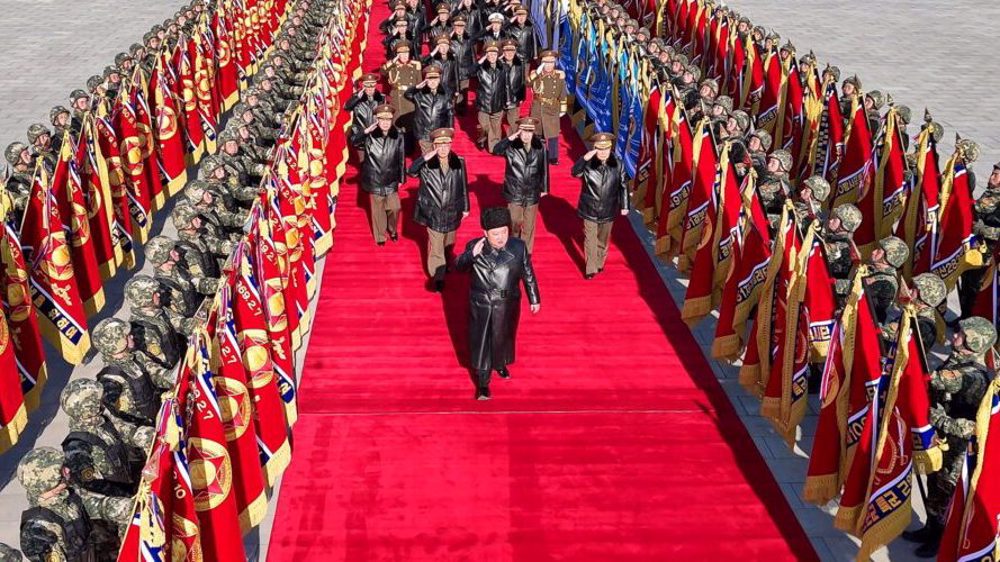Russia orders 20 Czechs to leave after ‘deadly blast’ claim, Russian diplomats’ expulsion
Moscow has expelled 20 Czech diplomats in a confrontation over Czech allegations that two alleged Russian spies accused of a nerve agent poisoning in Britain in 2018 were behind an earlier explosion at a Czech ammunition depot that killed two people.
Prague had on Saturday (Europe time) ordered out 18 Russian diplomats, prompting Russia to vow on Sunday to “force the authors of this provocation to fully understand their responsibility for destroying the foundation of normal ties between our countries.”
Czech authorities have sought more information about a visit by Russian men Alexander Petrov, left, and Ruslan Boshirov, who have separately been charged by British authorities for the poisoning of Russian agent Sergei Skripal and his daughter, Yulia, with the Soviet nerve agent Novichok.
Moscow gave the Czech diplomats just a day to leave, while Prague had given the Russians 72 hours.
The Czech Republic said it had informed NATO and European Union allies that it suspected Russia of causing the 2014 blast, and European Union foreign ministers were set to discuss the matter at their meeting on Monday.
The US State Department commended Prague’s firm response to “Russia’s subversive actions on Czech soil.”
The row is the biggest between Prague and Moscow since the end of decades of Soviet domination of eastern Europe in 1989.
Russia said Prague’s accusations were absurd as it had previously blamed the blast at Vrbetice, 300 kilometers east of the capital, on the depot’s owners.
It called the expulsions “the continuation of a series of anti-Russian actions undertaken by the Czech Republic in recent years,” accusing Prague of “striving to please the United States against the backdrop of recent US sanctions against Russia.”
Czech Prime Minister Andrej Babis said the alleged attack had been aimed at a shipment to a Bulgarian arms trader.
“This was an attack on ammunition that had already been paid for and was being stored for a Bulgarian arms trader,” he said on Czech Television.
He claimed that the arms trader, whom he did not name, had later been the target of an attempted murder.
Czech police said two men using the names Alexander Petrov and Ruslan Boshirov had travelled to the Czech Republic days before the arms depot blast.
Those names were, what Britain has identified as, the aliases used by “two Russian GRU military intelligence officers” wanted by Britain for supposed poisoning of former Russian spy Sergei Skripal and his daughter with the Soviet-era nerve agent Novichok in the English city of Salisbury in 2018. The Skripals survived, but, London claims that, a member of the public died after the purported poisoning.
The Kremlin denied involvement in that reported incident, and the UK says the alleged Russian agents remain at large.
British Foreign Secretary Dominic Raab tweeted that the Czechs “have exposed the lengths that the GRU will go to in their attempts to conduct dangerous and malign operations.”
A NATO official said the alliance would support the Czech Republic as it investigated Russia’s “malign activities,” which were part of a pattern of “dangerous behavior.”
“Those responsible must be brought to justice,” added the official, who declined to be named.
The United States imposed sanctions against Russia on Thursday for, what Washington claimed was, interference in last year’s US election, cyber hacking, “bullying Ukraine,” and other actions, prompting Moscow to retaliate.
French President Emmanuel Macron has also said world powers should draw “clear red lines” with Russia and consider possible sanctions when they are crossed, in an interview with the US news network CBS.
“This is the only way to be credible,” Macron said, according to a video excerpt of the interview, which was recorded on Friday and due to be aired on Sunday (US time).
The timing of the Czech accusations, meanwhile, comes across as awkward.
The Czech Republic is planning to put the construction of a new nuclear power plant at its Dukovany complex out to tender.
Security services have demanded that Russia’s Rosatom be excluded as a “security risk,” while President Milos Zeman and other senior officials have been putting Russia’s case.
In a text message, Industry Minister Karel Havlicek, who was previously in favor of including Russia, told Reuters, “The probability that Rosatom will participate in the expansion of Dukovany is very low.”
(Source: Reuters)
Israeli strike in eastern Lebanon kills four
Six top Trump administration officials appear in Epstein files
VIDEO | Little short-term gain for US in striking Iran
VIDEO | Israel escalation and 'Board of Peace' meeting
VIDEO | Press TV's news headlines
Gaza Nasser Hospital slams MSF’s ‘unsubstantiated’ claims as medical work suspended
Jordan condemns Israeli incursions at Al-Aqsa Mosque as 'flagrant violation'
Ex-Ukrainian energy minister arrested amid corruption probe while trying to flee










 This makes it easy to access the Press TV website
This makes it easy to access the Press TV website